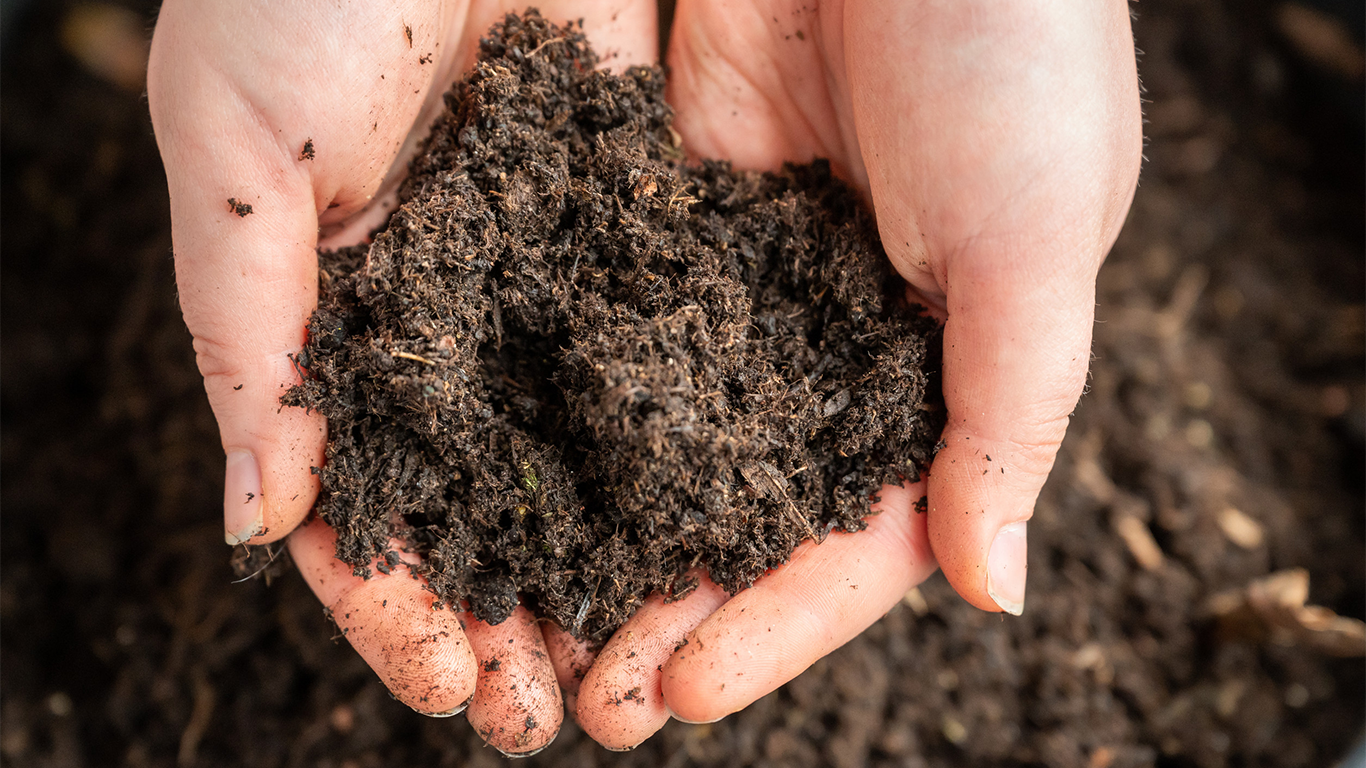Ever year Americans throw away nearly 40% of their food, leading to over $9.5 billion being spent annually on food waste. This waste contributes to the loss of valuable resources, and can heavily increase greenhouse gas emissions that lead to climate change. One of the best ways to help reduce food waste is through composting at home. Composting can introduce necessary nutrients to the soil that can improve the quality of gardens, plants, and the environment.
How Does Composting Help Eliminate Food Waste?
Composting gives food scraps a second life. Instead of tossing fruit and vegetable peels, cores, or wilted greens into the trash, these items can be added to a compost pile or bin. Over time, they break down into a substance that can be reused in gardens, lawns, and planters.
This not only reduces landfill waste but also raises awareness of personal food habits. Also, people who compost often become more mindful about overbuying and cooking food, leading to less waste at the source.

What Can You Compost?
Being able to help the environment through composting starts with understanding and knowing what materials can be composted at home. Luckily, most kitchen scraps and other household organic waste are able to be composted. A balanced and successful compost pile typically follows a 2:1 ratio of green to brown materials.
Green materials include items rich in nitrogen like fruit and vegetable scraps, coffee grounds, and grass clippings. Brown materials, which are carbon-rich, include dry leaves, cardboard, and shredded newspaper.
How to Start a Compost Bin or Pile?
To start composting at home, all that is needed is a big enough container to hold your compost or an outdoor area with space. Once you have a spot to put your compost, simply begin saving and combining green and brown materials, and you will have a compost pile in no time!
Turning the pile every week or two introduces oxygen, which helps microorganisms break down the materials more efficiently. Keep the compost moist—but not overly wet—to maintain the right conditions for decomposition. Once it’s ready (usually in 2–4 months), compost can be added to garden beds, potted plants, or lawn areas. It helps to improve soil structure, retain moisture – a huge plus in Arizona’s dry climate – and reduces the need for chemical fertilizers, which keeps plants healthier, and allows food to grow without unnecessary added chemicals.
Composting is a simple, low-cost way to reduce food waste that can make a huge impact on your community and the environment. By starting a compost bin at home, individuals can turn everyday food scraps into nutrient-rich material that improves soil health in gardens, lawns, and potted plants. At the same time, composting helps lower the amount of organic waste sent to landfills, where it would otherwise release harmful greenhouse gases like methane. Whether you’re composting a single fruit or vegetable peel or collecting scraps throughout the week, every effort adds up. Small changes at home can lead to significant environmental benefits over time.
Author: Tonia Smith is development manager at Waste Not.




